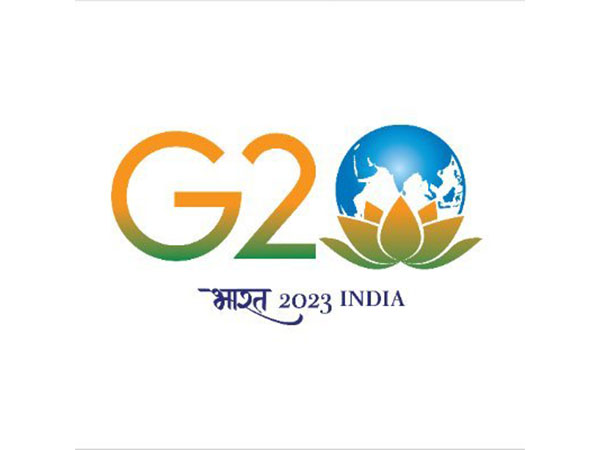
New Delhi: Since India assumed the year-long presidency of G20 on December 1, last year, the whole world has been appreciating the country for the way it has been conducting itself in the grouping of world powers.
Recently, a World Health Organisation (WHO) official lauded India for the manner in which it is leading its G20 presidency at the Health Working Group meeting, describing it as an "exciting moment in history", adding that it has lifted up the voice of the Global South. Ayoade Alakija, special envoy, ACT-Accelerator, WHO conveyed that she is very keenly looking forward to seeing the Global South collaborations, which can match and fit in with the new world order. She also expressed hope that this process will certainly help it.
In the last couple of years, India has been lauded globally for its efficient handling of the Covid-19 situation and the vaccines it has sent abroad under its 'Vaccine Maitri' initiative.
The official also said she feels that the world is not just coming to India to have discussions on various subjects but also seeks to learn from its experiences, as the country has witnessed the massive digital transformation in multiple sectors including health, finance and infrastructure. She further added that the ongoing sessions would provide a relevant platform for how we can learn from each other, being active participants of Global South -- Africa, India, Latin America, and other countries.
"How can we share our experiences and innovate together and how can we co-create the world we want...the world that is going to be truly the world that delivers for us...the people," said the special envoy.
Vaidya Rajesh Kotecha, secretary, Ministry of Ayush, stressed during the same meeting that multilateral collaborations are vital for knowledge sharing and establishing a framework for accessible, affordable, and quality healthcare in accordance with the idea of 'One World, One Health'. He said by bridging the world through medical value travel based on integrated health care, the flaws and inequalities of current healthcare systems would be addressed.
Dr Alain Labrique, director of Digital Health and Innovation, also praised the country saying that India of five years ago is different from India today. "So, I think, that is the foundation of a place where I would like to see India shining as a beacon to other countries to learn from," he said.
Saying that 'success' is built on the 'trust' factor, Dr Alain Labrique described 'trust' as the background of policy, of legislation that protects privacy and security and builds the trust of individuals to use the systems.
The official also shed light on the elements of legislation and policies that are required for digital success to become a reality. "So, we have to think about where we are today but also build solutions for tomorrow and keep in mind that everyone should benefit from this technology revolution," said the official.
India's G20 Presidency is historic because it is for the first time the 'Troika' will comprise only developing countries.
The Troika is the format in which the G20 Presidency works. It comprises the country which is currently holding the Presidency, the country holding the Presidency earlier, and the country which will be the upcoming Presidency holder. This time India (current President), Indonesia (previous President), and Brazil (upcoming President) will form the Troika.
Developing countries are facing many challenges and G20 has the responsibility to shape the world's agenda and lead towards global peace and stability.